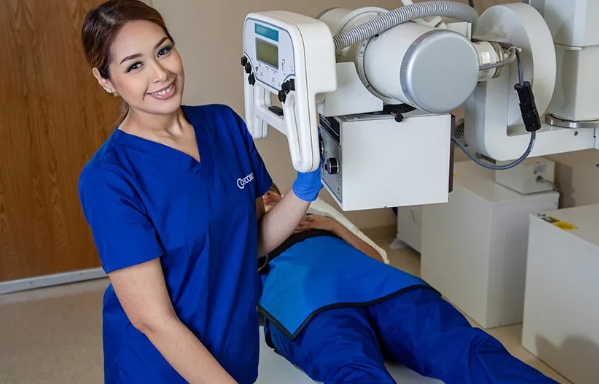Radiologic technology plays a vital role in the field of healthcare by providing valuable diagnostic information to physicians. But behind the scenes, it is the radiologic technologists who are the unsung heroes of this crucial medical process.
Setting up the Equipment
Radiologic technologists are responsible for setting up and operating various imaging equipment such as X-ray machines, MRI scanners, and CT scanners. They must ensure that the equipment is properly calibrated and positioned to obtain high-quality images for accurate diagnosis.
Protecting Patients
One of the most important roles of radiologic technologists is to protect the patients from unnecessary radiation exposure. They carefully follow safety protocols and use lead aprons and shields to minimize radiation exposure to the patients while still obtaining clear images.
Positioning Patients
Radiologic technologists work closely with patients to position them correctly for imaging procedures. They must explain the procedures in a clear and comforting manner, ensuring that the patient is comfortable and in the proper position for the best possible image.
Collaboration with Radiologists
Radiologic technologists work closely with radiologists, who interpret the images and make diagnoses. They collaborate to ensure that the correct images are obtained and that any necessary additional images are taken.
Adapting to New Technology
Radiologic technologists must constantly adapt to new technology and techniques in the field of radiology. They must stay current with the latest trends and advancements to provide the best possible care for patients.
Providing Emotional Support
In addition to their technical skills, radiologic technologists also provide emotional support to patients during imaging procedures. They must have excellent communication skills and be able to reassure anxious patients and help them feel comfortable throughout the process.
Overall, radiologic technologists play a critical role in the field of radiologic technology. Their technical expertise, attention to detail, and compassion for patients make them indispensable members of the healthcare team. Behind the scenes, they ensure that patients receive the best possible care and that physicians have the information they need to make accurate diagnoses.

